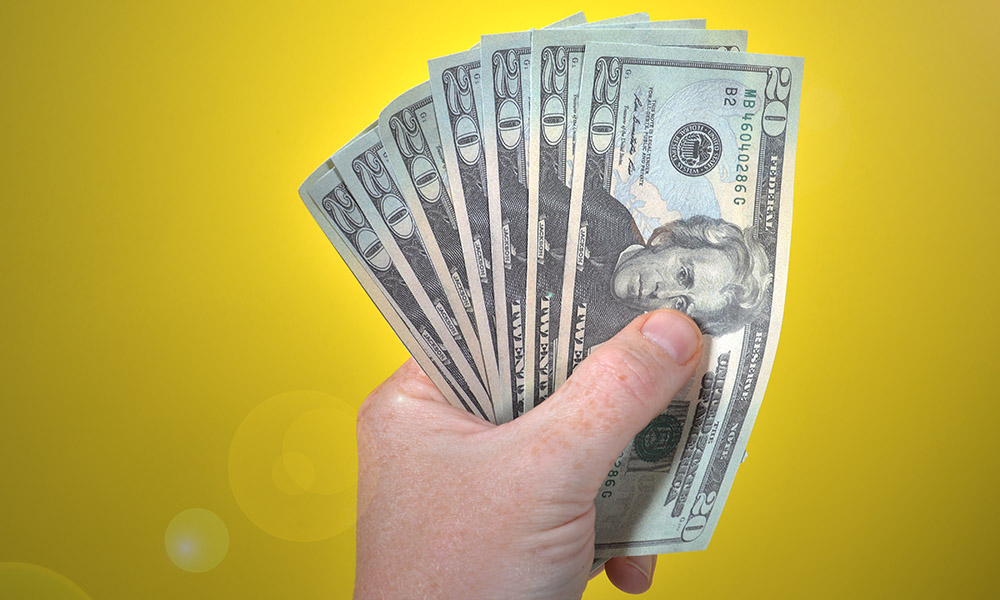

Deprecated: Implicit conversion from float 1758226798.18902 to int loses precision in /www/investmentzen_357/public/blog/wp-content/plugins/intelly-related-posts/includes/classes/utils/Logger.php on line 93
Deprecated: Implicit conversion from float 1758226798.191293 to int loses precision in /www/investmentzen_357/public/blog/wp-content/plugins/intelly-related-posts/includes/classes/utils/Logger.php on line 93
A month ago, my bank emailed me to say they had flagged me as a financially fragile customer and wanted to offer me a tailored set of products. In other words, they wanted me to hand over my Mastercard and allow them to cancel my overdraft facility.
What the hell? I make six figures, after tax.
So how did that happen?
I stopped leaving my money there because that particular bank did not help me grow it. Their measly 0.3% interest rate on savings was not an incentive to keep any money on my account. And don’t get me started on the newly implemented $6 monthly fee on checking.
So every time I get a payment on that account, the money disappears within days and goes somewhere it actually flourishes.
I do keep it open because the account is in France, my home country, and I don’t live there anymore, which would make re-opening an account an excruciating process. Furthermore, if they ever go back to having tempting offers for my savings, I want to be able to send the money back in a matter of days.
In the meanwhile, I shop around.
On the first of the month, my rent payments come in, and from the first to the fifth, my mortgage, utilities and other bills get paid. It is all automated and requires no work other than making sure every tenant has paid. On the fifth, all the money left on my current account gets wired into savings.
If I need to withdraw some cash, I transfer some money back, otherwise I just charge my credit card and pay it off in full the next month, enjoying up to 50 days grace period, while my money earns me interest somewhere else.
Part of the money is invested, generally in low cost index funds or peer to peer lending. The rest sits in an instant access high yield savings account, in case I need it again, or find a profitable investment opportunity.
Your money should be working hard for you, not the other way around. Click To TweetWhile the amounts aren’t huge, making money work hard from day 1 actually has an impact over the growth of my nest egg. From January 2016 to June 2016, the S&P500 has returned 10.6%. It was a good semester, well above its average return (still a solid 9.9% per year over the past 30 years).
Not investing $1,000 back in January means I would have passed on an opportunity to make $100. Missing that $100 over the next 30 years, if the S&P500 keeps returning 9.9% means $1,948 less in my retirement nest egg (calculator).
What Are You Missing Out On?
That is how much of a difference procrastinating on investing makes. While my system can seem time consuming now that I actually wrote it down, it is not as bad as it seems. I track payments every few days anyway, to keep track of clients who are taking too long.
I keep enough to cover my expenses for a month or two in saving, then generally send the rest to my investing or peer to peer accounts, unless I am specifically saving for a big lump sum, such as a house deposit or some construction work on the properties I already own.
I am aware that the markets fluctuate, and waiting for a dip to jump in might mean higher returns. But what if that dip never comes? Dollar cost averaging works just fine for me, since I am in no way smarter than the market. Even the pros have a hard time beating the market. Plus since I invest a few times a month, I actually get to average my prices several times a month, compared to investing on the first only.
The advantage of that system is that considering I never have a lot of cash, I am not tempted to spend it.
Make your money disappear and you won't be tempted to spend it Click To TweetAnd if I decide I do need cash, like when my car got stolen and I needed a new one, or when I found a great house and needed $20k for a deposit, I work extra hard to pool the money together, instead of digging into my investment accounts.
Knowing Your Personality As A Financial Independence Hack
That approach works particularly well for my personality type, INFP in the Myer Briggs test.
I never realized it until I read that post on Personality Hacker, where the author explains that if INFPs don’t have motivation for something, they need to create it. The author’s father lacked the drive to do house repairs, so by ripping the kitchen floor tiles a week before Christmas, as guests were due to arrive, he created an extra incentive to get things done in a timely manner.
I am not passionate about investing, but like exercising, I know it has to be done or I will regret it down the road. So by being cash poor all the time, I create motivation for myself when I want to spend or invest money. Otherwise, I would just write a check, spend my extra cash, and cripple my financial future.
Even if you are more driven than I am when it comes to managing your money, I would recommend you get rid of your extra cash as soon as possible. Some ideas include:
- Replenishing your savings, so you always have cash in case of an emergency. 47% of Americans could not come up with $400 for an emergency. You don’t want to pay high interests on consumer debt should you face one such ordeal.
- Making extra mortgage payments throughout the month with your side hustle money, shaving years off your mortgage end date.
- Padding your investing accounts. If you find a broker with no minimum investment amount, you can send smaller sums anytime
If the cash isn’t there, you won’t spend it. And whether you let it grow until retirement or need it a few months later, you will be happy you saved.
Photo credit: InvestmentZen Images – Creative Commons Attribution License

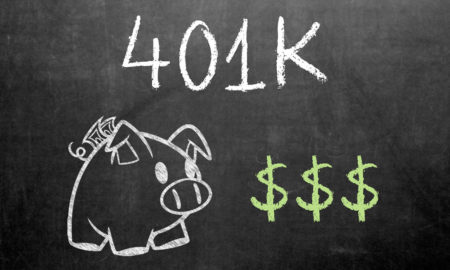















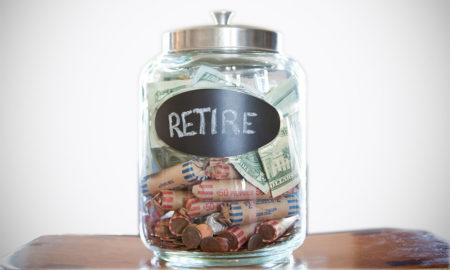


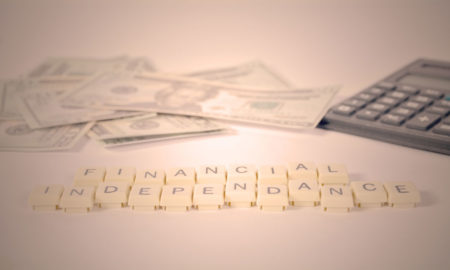

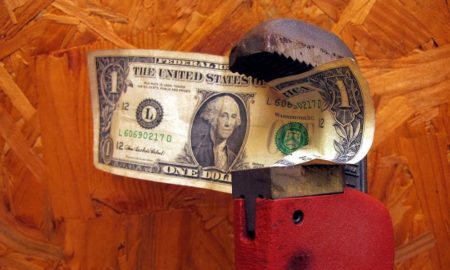

1 Comment